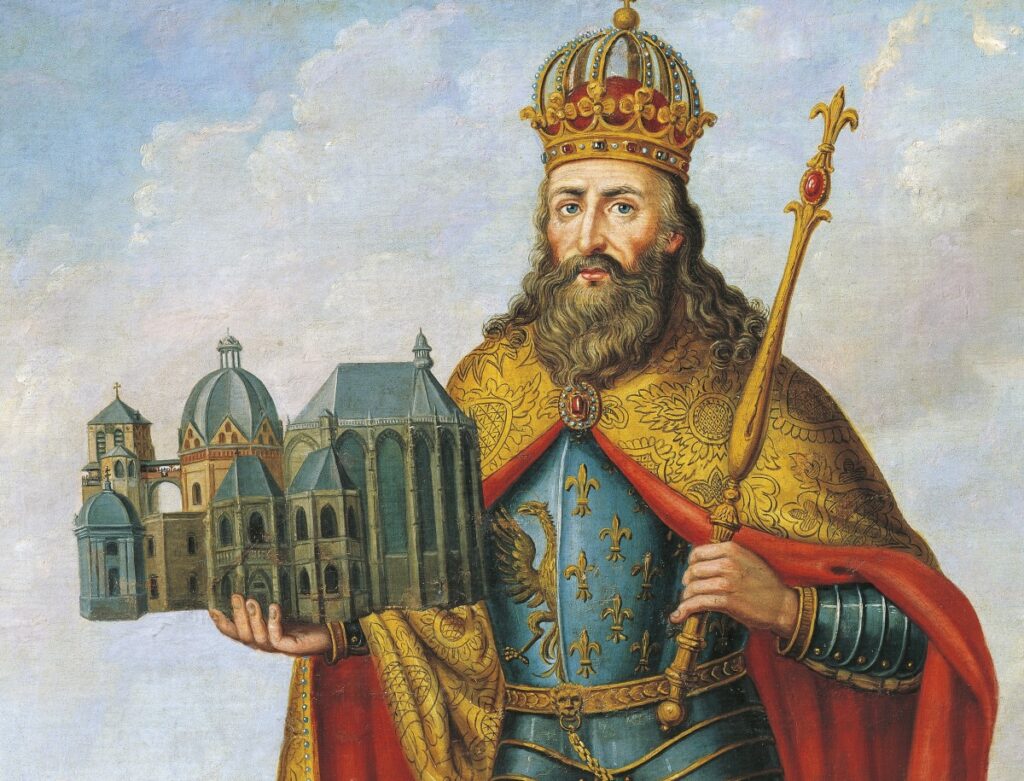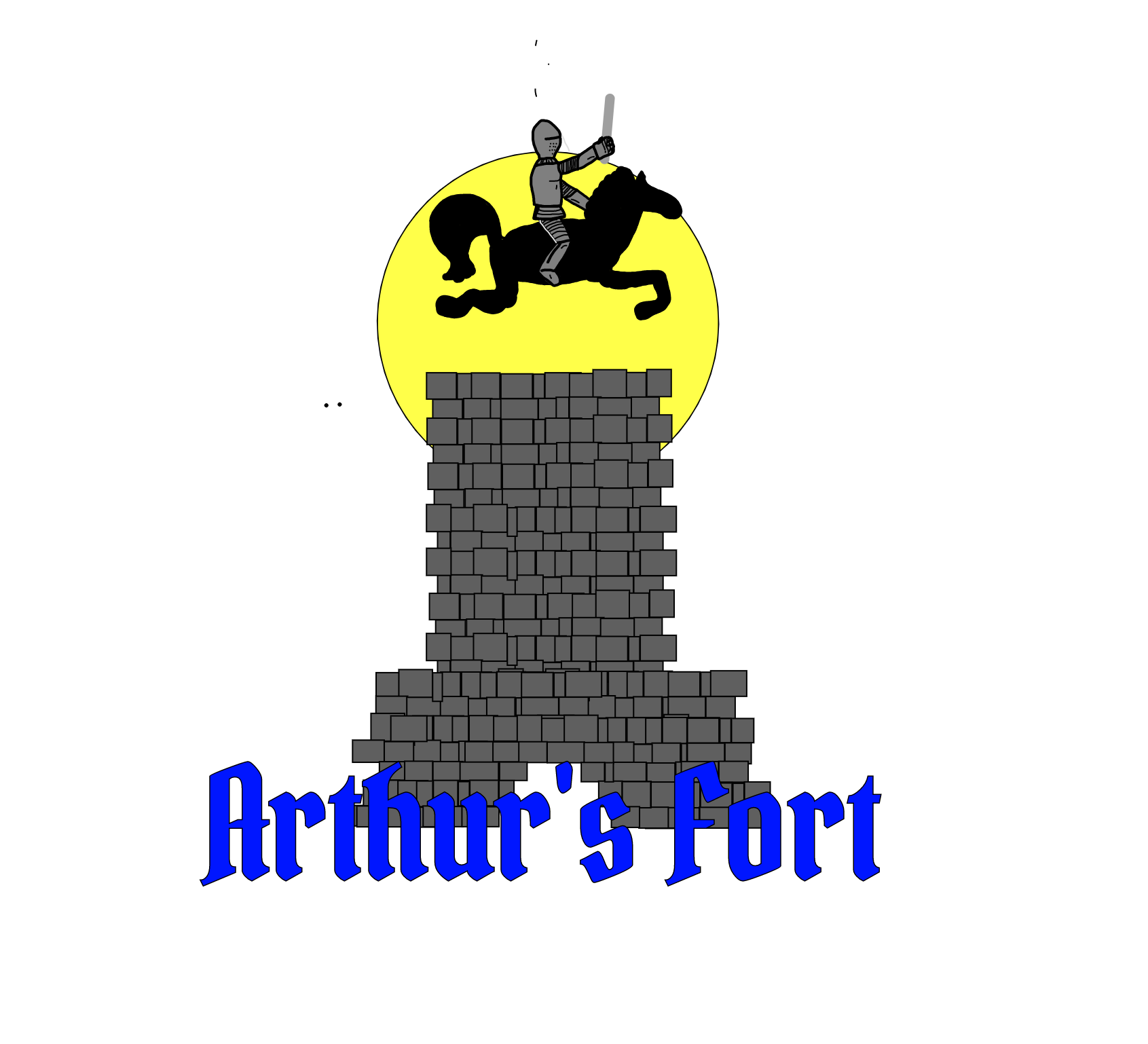
Charlemagne, or Charles the Great, the eldest son of Pepin the Short, was born on April 2, 747. At age 21, he became the King of the Franks. With his reign the Franks would usher in a new era for Europe. Charlemagne made order out of chaos, bringing about the medieval era; Before him, during the dark ages, Europe was filled to the brim with hundreds of competing sovereigns who constantly warred with one another. There were no coherent borders, few coherent cultural identities, and the majority of Europe was divided up with dozens of pagan faiths.
For the time he lived in, Charlemagne was the man of the ages. He united all of modern-day France and Germany throughout his reign, and slowly established the Feudal system throughout his dominion. In 774, he took control of the Lombard Kingdom, which made up the Northern half of Italy.
Throughout the 780s, he expended eastward into Germany, and in the 790s conquered the Avar Khaganate. On December 25, 800, Charlemagne was crowned in Rome as the successor of the Roman Empire. This was the rise of the Frankish Empire, and the very beginning of the Medieval Era in Europe.
He established Feudalism, an administrative system which divided power into separate classes, and multiple ranks of titles and dominions. Within Empires, there were kingdoms. Within the kingdoms there were duchies, and under them were counties. Under the counties were the baronies. The King ruled, under him were church officials and nobles who gave the king troops in return for land, the knights under them provided military service in return for land and peasants, and the peasants provided food in return for protection.
Feudalism, although largely unfree and problematic, proved to be far more stable and allowed people more freedom than previous systems, such as the typical slave empire of the ancient world. During the next several centuries Europe would come to be more developed and more prosperous than any other part of the world, even before colonialism.
This wasn’t all. Charlemagne converted more Europeans, especially Eastward into the Christian faith. He also established religious education for more people throughout his empire, spreading knowledge of the Bible and literacy further than before. He improved the intellectual and moral quality of the clergy, and encouraged monastic libraries to preserve and copy ancient texts.
Although Charlemagne’s administration was unfree from our viewpoint, and although his Empire was ultimately short-lived, lasting for only 40 years, collapsing into civil war after his son died, his legacy lived on for over a millennium. The lesson learned is, that Charlemagne took charge of a chaotic and lawless world, and brought greater order and peace within his empire throughout his reign.
As our world goes further into chaos, we must take charge of such a world and bring order, establish a good system for society as well as raise the moral framework of society through good education, good deeds, and good ideas.
